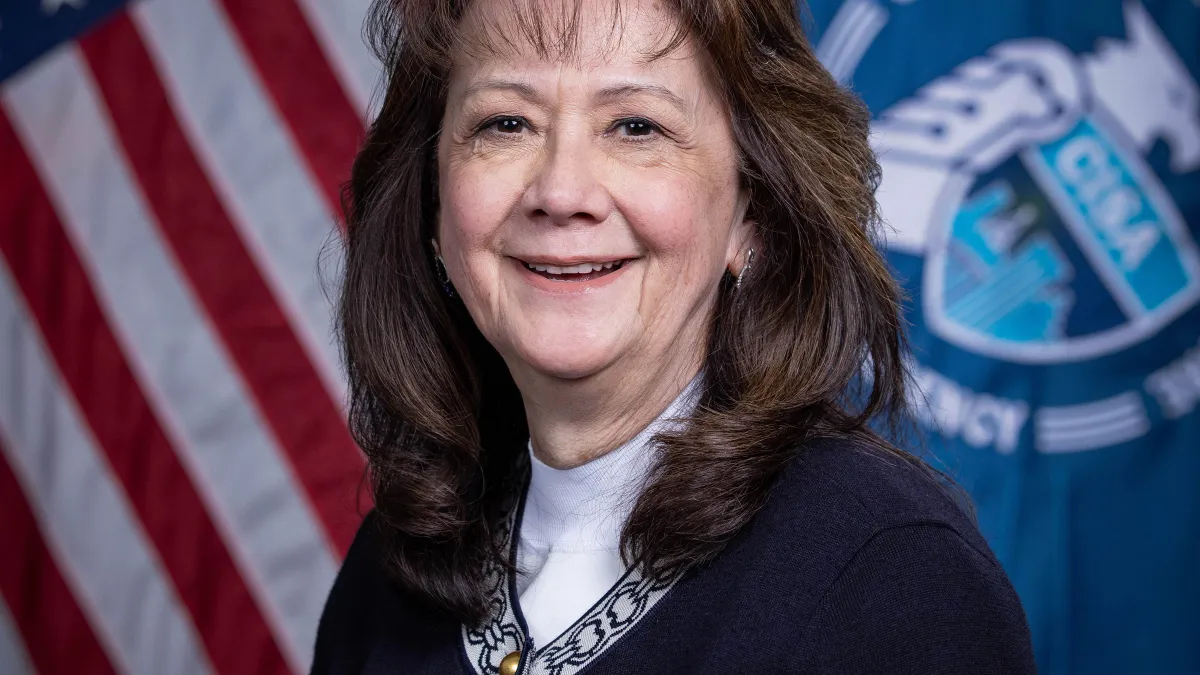No one does their best work when they're feeling burnt out. Tired eyes from too many virtual meetings and lack of work-life balance as the lines blur between home and office overextend workers' abilities — especially among tech leadership.
In a prior role, TIBCO CIO Rani Johnson said she once went 60 hours straight in the office until her boss sent her home. High expectations and a reliance on IT teams to support business infrastructure keeps the pressure high.
It wasn't until Johnson moved to Austin, Texas that she realized work-life balance was possible. Seeing employees accomplish the same amount of work in less time proved to her overworking does not enable productivity.
"I used to run track when I was younger, and if you run too fast or too hard, too long, you get stress fractures, and that will pull you out of the race," Johnson said. "We have to take care of ourselves and our teams, because ultimately it's just going to slow us down."

For Mark Greville, VP of architecture at Workhuman, burnout took a physical toll. When he neglected to take time for himself, long hours at work caused panic attacks affecting his well-being and job performance.
Without time to recharge, IT execs can suffer from stress-related illness and mental health struggles that push them. Plus, with remote work, employees are available whenever and wherever.
Gone are the days of taking a week off from work and fully disconnecting when mobility keeps us connected, according to Greville.
Spending time with loved ones, whether virtual or in-person, and disconnecting from work this holiday season is crucial to recharging. Fully disconnecting from work starts with setting boundaries long before the break.
Setting time-off boundaries to recharge
Struggling to disconnect from work or catching up on deadlines during time off hinders the ability to refresh during breaks, and leaders commonly struggle with managing leisure and work.
"I don't think any leader is super successful at work-life balance," Johnson said.
Knowing full well the importance of time off, Johnson admits that she still may do some work on the weekends but she usually waits until Monday morning to hit send. Only sending non-urgent communications during work hours sets the expectation that she'll only be available when she's on the clock and employees shouldn't feel the expectation to log on during off hours.

The same collaboration tools that keep the workplace so connected can also be used to enforce boundaries. Listing offline hours in emails and configuring do not disturb hours into collaboration tools builds boundaries into work culture.
"You're basically training on best practices for your collaboration tools that are configured with hours that are considered to be 'do not disturb' or configured with hours that are sleep hours," Johnson said.
Frequent work interruptions on a day off may signal leadership shortcomings.
By setting up teams that can function without the leader present and empowering employees to overcome hurdles without calling the boss, IT leaders can usually enjoy a day off without interruption.
"There's a few questions to be asked if I'm getting a call on my day off: Have I empowered a team correctly? Is there something maybe a little off with that?" Greville said. "It's important to make sure the team is empowered to make their own decisions."
Empowered teams stem from proper delegation of tasks. Good leaders give their teams the autonomy to get work done and grow as employees, as opposed to taking everything on themselves, according to Greville.
Leaders should set the ground rules of who is responsible for what tasks while they're away before taking time off, Greville said. Discipline and delegation cut Greville's work weeks back to the standard 40 hours.
"If we were to do all the tasks that were in front of us, we could probably work 24 hours a day," Greville said. "So, there's a discipline that needs to be brought in about choosing to do things, and then choosing to switch off at certain times as well."
Workplace culture starts with leadership setting the example and expectations. When a leader feels overworked, there's a good chance their team does too, and the whole unit's productivity and culture suffers.
Leadership work-life balance raises employee morale, too
Recognizing signs of burnout in yourself and prioritizing time-off builds more effective, savvy leadership. Employees should feel the importance of those boundaries trickle down.
Tech culture stereotypes portray young employees working long hours to prove their value to the business. But that model isn't sustainable, it's certainly not "attracting the next generation of technologists," said Johnson.
There's greater value in employees who accomplish objectives consistently and do great work, as opposed to being available 24/7. Leadership should shy away from making heroes of the people who fail to strike the proper work-life balance, according to Johnson.
"If you burn yourself out and burn your team out, you all cannot produce and meet your business objectives," Johnson said. "After a while, it creates a culture that people don't want to be a part of, and then you'll see attrition, you'll see health concerns in your team and you'll start to see more absence."
Like salary, employers commit time off to workers as a form of compensation. When this commitment is broken, by last minute work obligations on a day off or unrealistic expectations about availability, it degrades team morale.
"It's very important that organizations take responsibility to encourage people to disconnect during holiday time particularly with ... the added stresses of family and the various commitments around them," Greville said.
Lack of willingness to prioritize time off as a company also limits workplace diversity. Companies can miss out on crucial talent when they don't accommodate holiday leave or consider employee obligations outside of work.
"When there was more time allowed for people to take care of themselves, there's more different communities that can participate," such as people with families or of various age groups, according to Johnson.



















